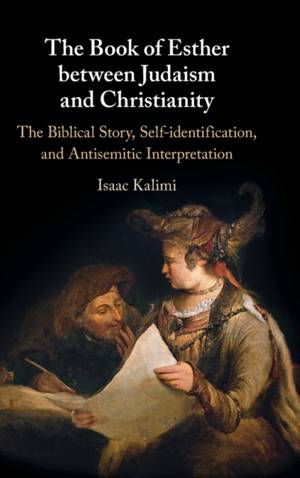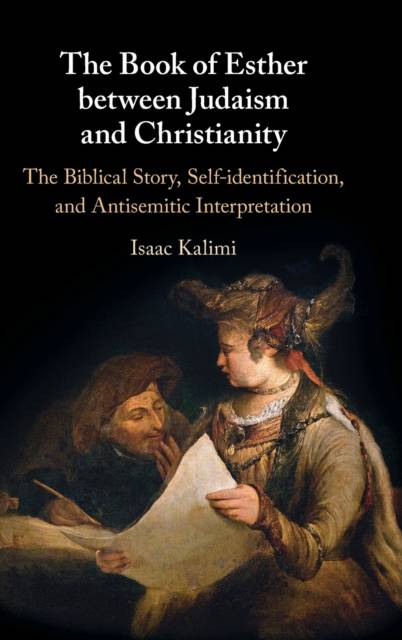
- Afhalen na 1 uur in een winkel met voorraad
- Gratis thuislevering in België vanaf € 30
- Ruim aanbod met 7 miljoen producten
- Afhalen na 1 uur in een winkel met voorraad
- Gratis thuislevering in België vanaf € 30
- Ruim aanbod met 7 miljoen producten
Zoeken
€ 187,45
+ 374 punten
Omschrijving
The book of Esther is one of the most challenging books in the Hebrew Bible/Old Testament, not only because of the difficulty of understanding the book itself in its time, place, and literary contexts, but also for the long and tortuous history of interpretation it has generated in both Jewish and Christian traditions. In this volume, Isaac Kalimi addresses both issues. He situates 'traditional' literary, textual, theological, and historical-critical discussion of Esther alongside comparative Jewish and Christian interpretive histories, showing how the former serves the latter. Kalimi also demonstrates how the various interpretations of the Book of Esther have had an impact on its reception history, as well as on Jewish-Christian relations. Based on meticulous and comprehensive analysis of all available sources, Kalimi's volume fills a gap in biblical, Jewish, and Christian studies and also shows how and why the Book of Esther became one of the central books of Judaism and one of the most neglected books in Christianity.
Specificaties
Betrokkenen
- Auteur(s):
- Uitgeverij:
Inhoud
- Aantal bladzijden:
- 350
- Taal:
- Engels
Eigenschappen
- Productcode (EAN):
- 9781009266123
- Verschijningsdatum:
- 6/07/2023
- Uitvoering:
- Hardcover
- Formaat:
- Genaaid
- Afmetingen:
- 152 mm x 229 mm
- Gewicht:
- 798 g

Alleen bij Standaard Boekhandel
+ 374 punten op je klantenkaart van Standaard Boekhandel
Beoordelingen
We publiceren alleen reviews die voldoen aan de voorwaarden voor reviews. Bekijk onze voorwaarden voor reviews.











